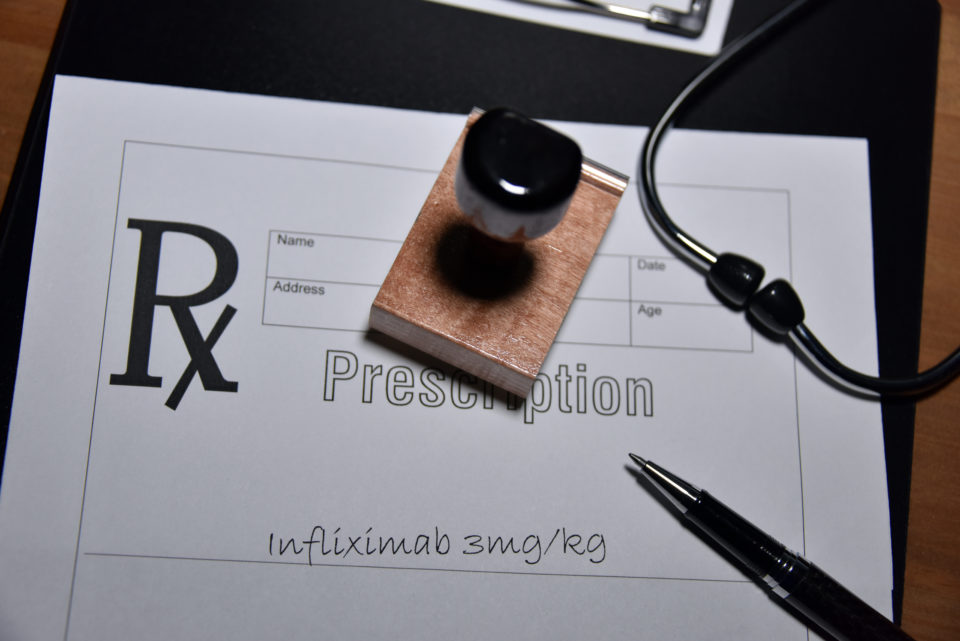
A recent study evaluated outcomes for patients with ankylosing spondylitis (AS) in clinical remission being treated with anti-tumor necrosis factor (TNF) therapy infliximab who stopped treatment. They found that, upon anti-TNF withdrawal, two-thirds of patients relapsed.
“Since anti-TNF treatment also presents drawbacks, such as its high cost and the possibility of long-term side effects, it seems reasonable to plan a time-limited treatment for some patients,” the study authors wrote. “The aim of our study was to analyze the consequences of the clinical decision to withdraw anti-TNF treatment in a very homogeneous group of AS patients.”
The research, published in Arthritis Research & Therapy, included active AS patients whose first anti-TNF treatment was infliximab and who had been in consistent remission > 6 months. Researchers recorded data at baseline and every six to eight weeks including age, sex, disease duration, the presence and number of peripheral arthritis or enthesitis, the presence of human leukocyte antigen B27, the Bath Ankylosing Spondylitis Disease Activity Index (BASDAI), C-reactive protein (CRP), erythrocyte sedimentation rate (ESR), and Bath Ankylosing Spondylitis Functional Index (BASFI), as well as the visual analog scales for spine global pain, spinal night time pain, and patient’s global assessment. A patient was considered clinically relapsed if they presented new BASDAI ≥ 4 and/or PCR ≥ 0.8 mg/dL; patients who relapsed upon treatment withdrawal began receiving infliximab again without an induction phase.
No Safety Concerns for Withdrawal, But Is Round Two Treatment As Effective?
Of 107 total patients (72% male), 36 (34%) achieved remission > 6 months and were included in the study and underwent treatment withdrawal. Upon cessation of treatment, 12 patients (33.3%) remained relapse-free during the study period, while 21 (58.3%) presented clinical relapse, and three were lost to follow-up.
The patients who relapsed were reintroduced to infliximab, but only about half (n = 11, 52%) re-attained their clinical remission status, while 10 (48%) did not.
“Of these ten patients, in seven, the reintroduction of infliximab was associated with good clinical response (absence of flare, BASDAI < 4 and/or CRP < 0.8 mg/dl), but in three (14%), the treatment was ineffective, and we had to change to another anti-TNF treatment,” the researchers elaborated, adding that there were no observed important side effects or infusion reactions.
The study was limited by its small sample size, as well as the fact that it only evaluated effects of infliximab withdrawal, not withdrawal of other anti-TNF agents.
The study authors concluded, “In summary, this is the first prospective trial performed in a homogeneous cohort of AS patients to evaluate the effect of anti-TNF withdrawal in patients presenting persistent clinical remission. … [And] although the reintroduction of infliximab treatment was safe, half of the patients did not achieve the same clinical response as prior to treatment withdrawal.”







 © 2025 Mashup Media, LLC, a Formedics Property. All Rights Reserved.
© 2025 Mashup Media, LLC, a Formedics Property. All Rights Reserved.